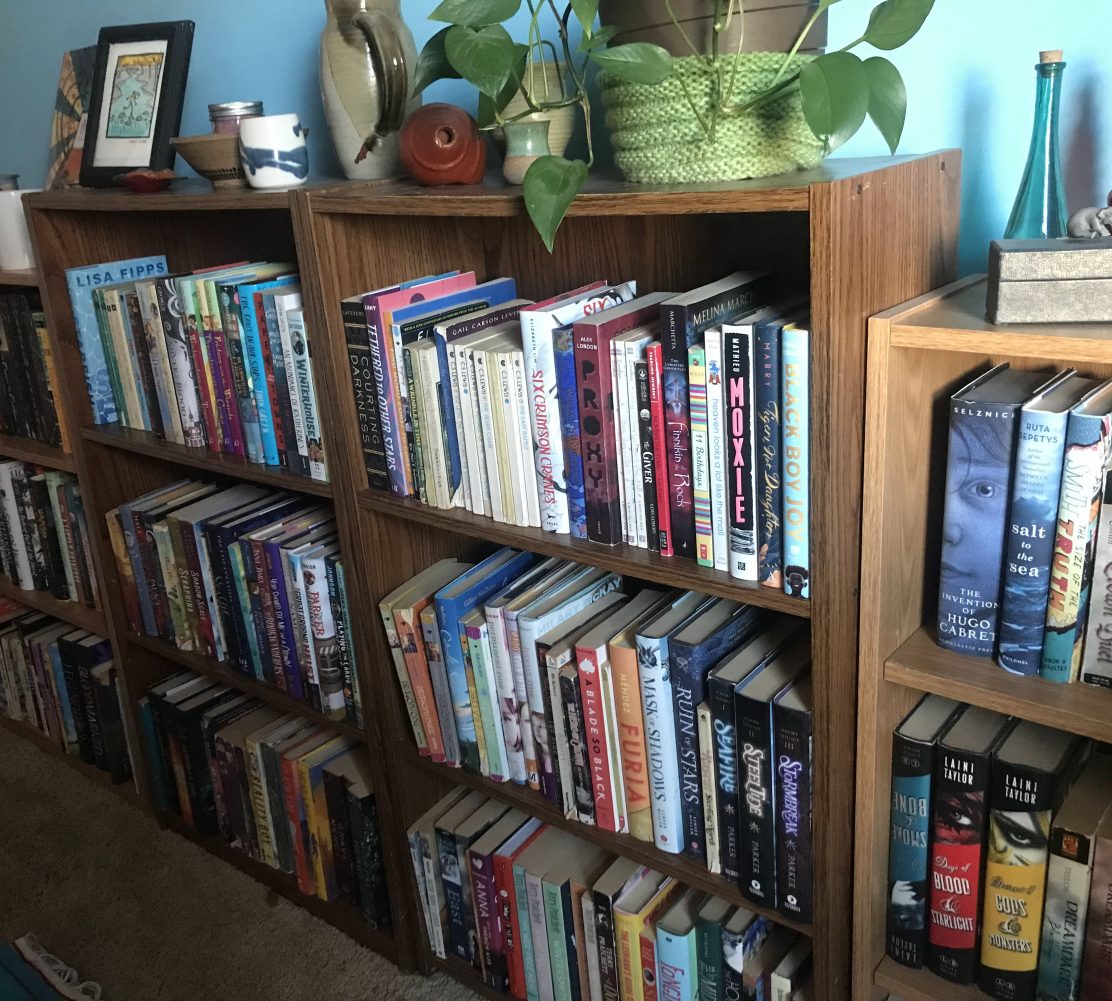by Nick Hornby
Read by Emma Fielding
Support your local independent bookstore: buy it there!
Content: Aside from the dozen f-bombs (entirely from 2 characters), this one is relatively tame. And because it deals with a character in her early 20s, it probably will have some good teen crossover. It’s in the adult fiction section of the library.
Several things conspired to actually get me to read an adult book (shock!). One, I had just finished my previous audiobook and was looking for something new. Two, the Pop Culture Happy Hour podcast (which I have come to love) announced that they were doing a book group discussion of this one in March. And three, I figured I should read Nick Hornby sometime, and this seemed like a good place to start.
It’s 1964, and Barbara Parker is looking at a bleak future. Sure, she just won the Miss Blackpool title but she wants MORE out of life. She wants to be like her heroine, Lucille Ball. So she returns the title, and takes off for the big city, hoping for her break. And, after some bad scrapes and name change — she’s Sophie Straw now — it eventually comes in the form of a BBC TV sitcom, Barbara [and Jim]. She becomes famous, with all the strings that are attached to that, as well as the ups and downs.
On the one hand, I have to admit that I found this a very male-centric, sexist, chauvinistic book. Barbara/Sophie is reduced to her looks (blonde, curvy, busty), as are all of the women in the book. The men drive the action, and Sophie is just reacting to them, much of the time. It’s also incredibly homophobic, even though one of the characters — Bill, a writer on the series — is definitely gay, and another — Tony, Bill’s writing partner — is probably bisexual. This really bothered me, until I realized that Hornby was being true to the time period. The 1960s, especially the mid-1960s when it’s set, was incredibly sexist and homophobic. This proved true by the end of the book, when the characters (and Hornby) were much less annoying.
I also felt like it went on too long, especially the ending. I didn’t really feel a need for the huge epilogue-y ending chapters; I felt the book could have ended when the series ended, and I wouldn’t have missed a whole lot.
That said, I did find it entertaining. I wonder if that had a lot to do with Fielding’s narration. She was a brilliant narrator, working in regional accents and speech affectations so I could get a sense not only of who was speaking but of their character. Sophie’s Blackpool accent, especially, endeared me to her in a way I don’t think would have come through on the page. And it was sometimes laugh-aloud funny. Not consistently, and not enough, but it was there.
I’m not sure I liked it enough to read another Hornby (unless there’s one that you strongly recommend?) but it wasn’t an unpleasant experience either.


Hornby is an author I REALLY liked their non-fiction… Not a big fan of their fiction.
LikeLike